AT&T to boost 3G speeds more than fivefold by 2009
Speaking at the Morgan Stanley's annual Communications Conference, the company's mobility chief Ralph de la Vega said engineers already have a version of AT&T's HSPA (High Speed Packet Access) 3G network up and running in the labs at speeds of 7.2 megabits per second, or approximately double the theoretical throughput of its existing network.
"It's clear to us that we are in the very early stages of what I would call a wireless data revolution," he said.
AT&T plans to transition to HSPA release 7 sometime in 2009, which will deliver even bigger speeds "exceeding 20 megabits per second," according to the executive. He said the upgrade will require few if any hardware modifications to the company's infrastructure and will instead be a smooth transition achieved largely through a software upgrade to its electronics.
De la Vega also said that his firm has "a clear and logical path" to 700MHz 4G access via the Long Term Evolution (LTE) standard in the 2010 timeframe which should again increase speeds fivefold to nearly 100 megabits per second.
"[The] steps to get there are very logical and they're all building on the same GSM technology that we've been using for a while," he explained. "LTE will allow for backwards compatibility to GSM and HSPA, which is a great benefit to customers. And our path forward to LTE allows us to get there step-by-step, with interim steps that will deliver more and more speeds everyday."
De la Vega was similarly excited about AT&T's growth opportunities in the smart phone market given upcoming handsets from Apple and BlackBerry maker Research In Motion, noting that just 16 percent of the company's postpaid customers currently own integrated devices.
"So upside on further penetration is substantial," he said.
 Katie Marsal
Katie Marsal












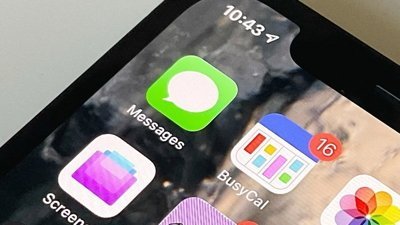
 Andrew Orr
Andrew Orr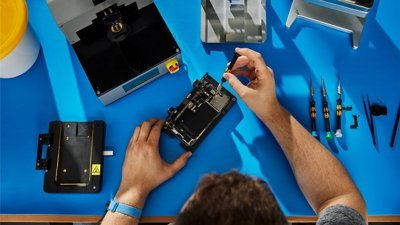
 Marko Zivkovic
Marko Zivkovic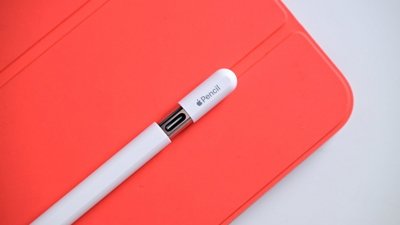

 Wesley Hilliard
Wesley Hilliard
 Malcolm Owen
Malcolm Owen
 Amber Neely
Amber Neely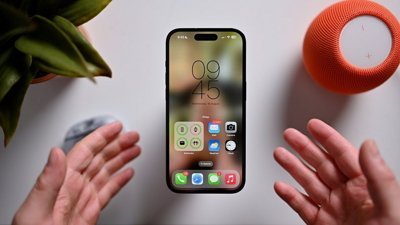
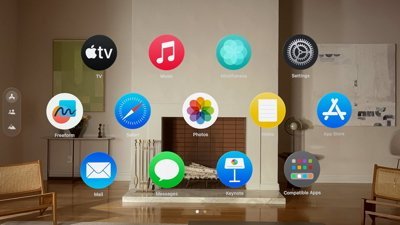
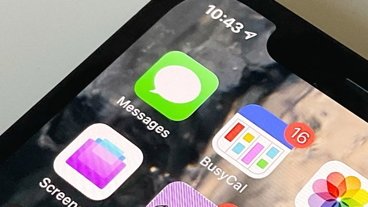
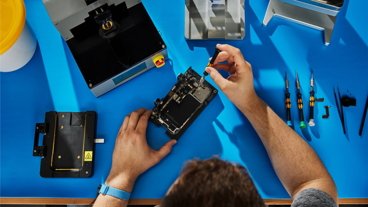





89 Comments
Wireless has such a great roadmap right now.
HSPA is already at 14.4Mbit in networks today and HSPA+ 28.8Mbit will be running in many by years end. Still waiting for more devices to catch up to these high speeds that the networks offer. Evolved HSPA 42Mbit will be readily available in many markets before the end of 2009.
HSPA+ also offers 50% increased continuous talk time / internet usage as well as these great increases in speed.
LTE offers speeds of up to 326.4Mbit/s in the downlink and 86.4Mbit uplink in its first release for each 20MHz spectrum slice. The first LTE networks will be operational in 2010.
The contracts for these network upgrades are being awarded with such aggressive time schedules it's amazing.
The Telstra HSPA network in Australia was built in just 10 months from contract to mass launch covering 98 percent of the population, and an average of a base station built every 25 minutes day and night over that period.
Sounds like hype to me. They may have (some) of their towers updated to it, but no handsets will support it. Where are all the HSUPA phones? It will require more processing to support which means more power consumptions which means that handset makers will leave it until Moore's Law catches up and we get to 22nm chips or something. In other words 2010+.
Also it's 3GPP release 7 and its called HSPA Evolved.
Honestly, I don't even care so much about the specific technology used for wireless broadband, I just don't want the fucking cell companies to be the gatekeepers.
If in 5-10 years we're still paying for minutes, and getting overage charges, and signing 2-year contracts, and buying software and ringtones and such from these people, it doesn't matter how fast it is, it's going to suck.
All the hype of this and that and users' fail to read and understand the fact that AT&T does not guarantee any speed increases (certainly no guarantees of the highest speeds they advertise); AT&T only states that their system can attain said speeds.
Honestly, I don't even care so much about the specific technology used for wireless broadband, I just don't want the fucking cell companies to be the gatekeepers.
If in 5-10 years we're still paying for minutes, and getting overage charges, and signing 2-year contracts, and buying software and ringtones and such from these people, it doesn't matter how fast it is, it's going to suck.
This is why we all love WiMAX but don't know it yet. Its the alternative to the mobile phone hegemony, championed by Intel and one day by the entire computing industry. Phone companies suck really badly.